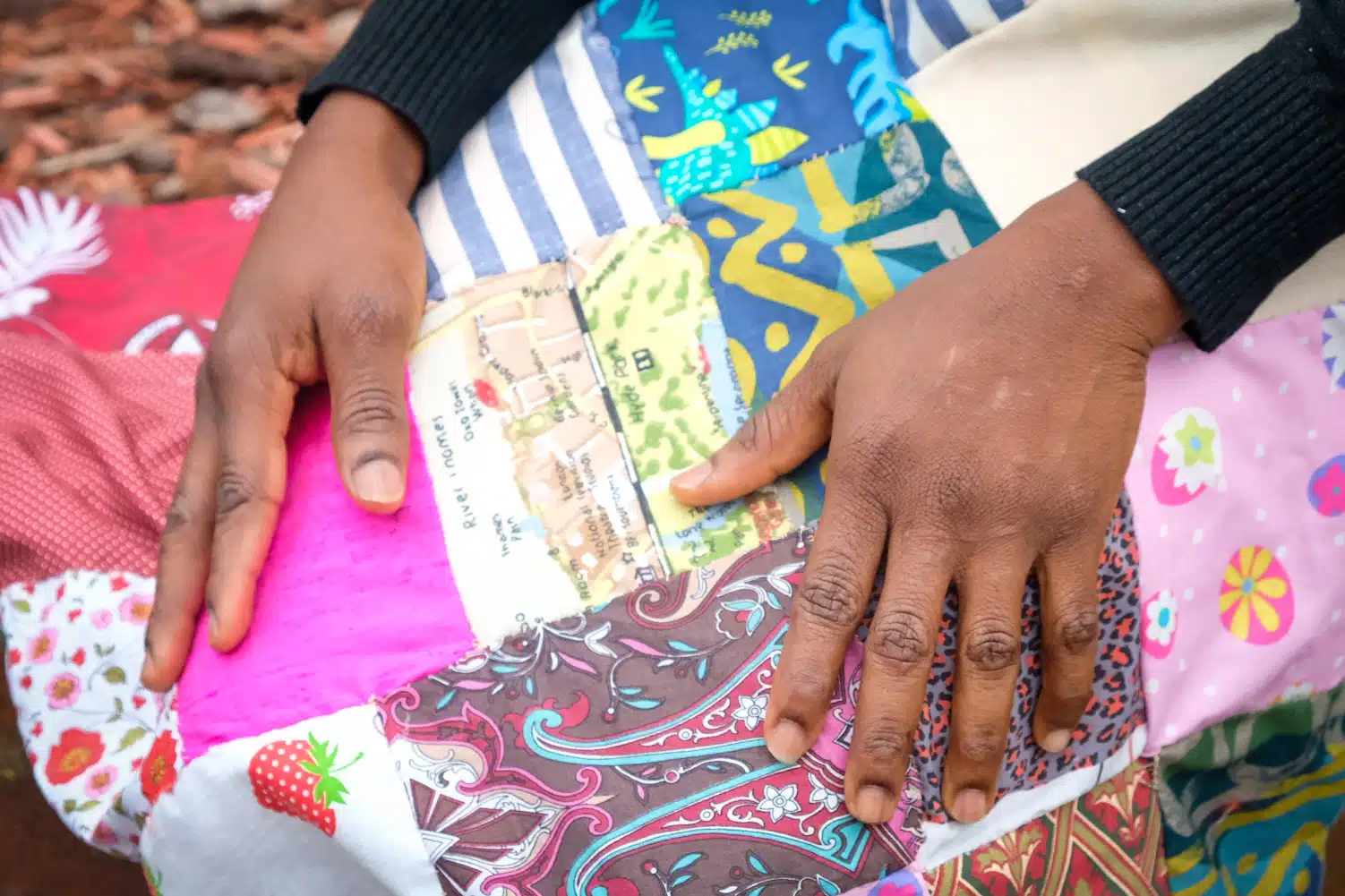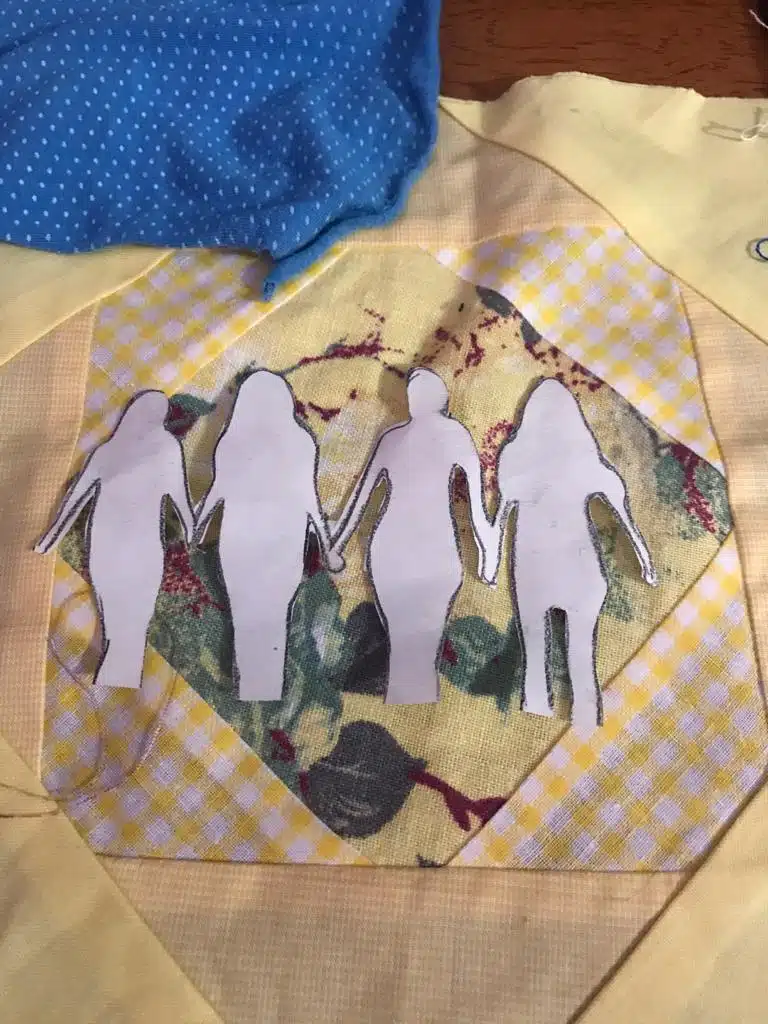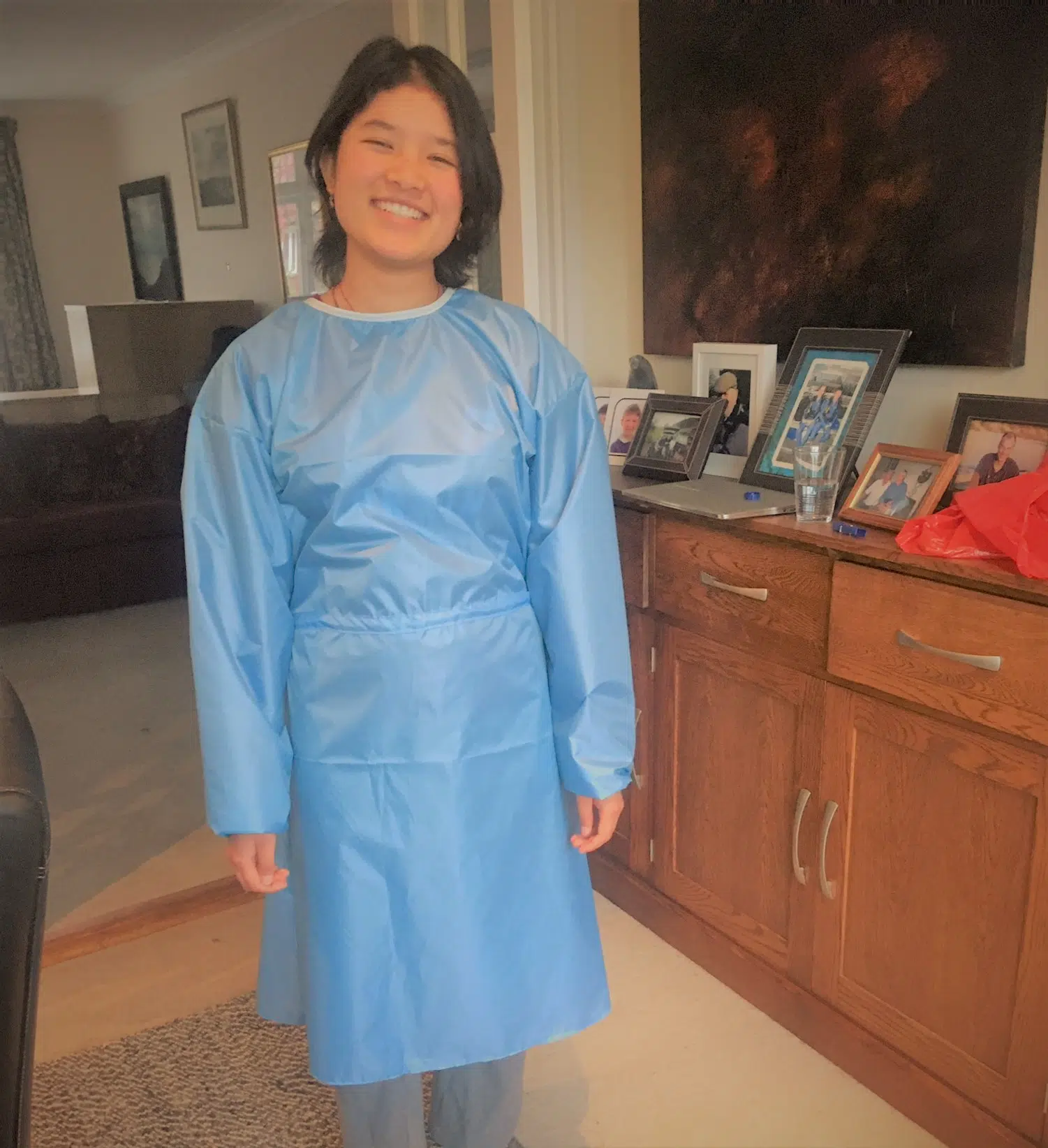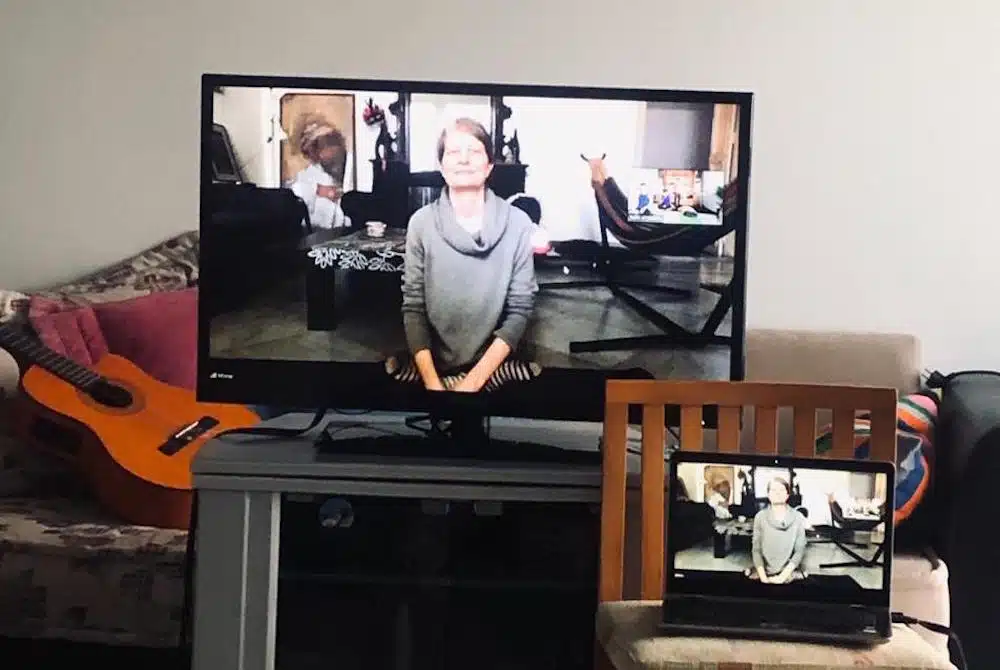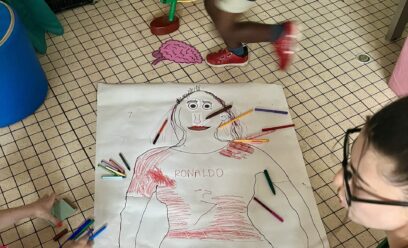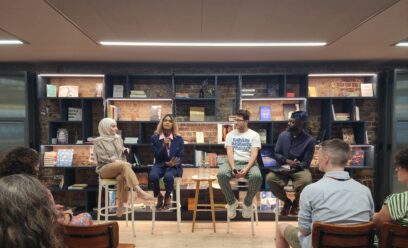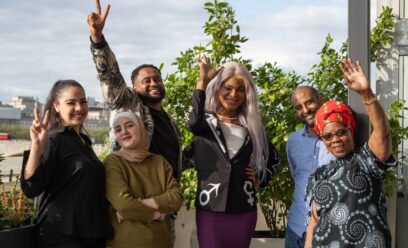8 positive stories of people making a difference during Covid-19 for Refugee Week 2020
Posted by Katherine Maxwell-Rose on June 16, 2020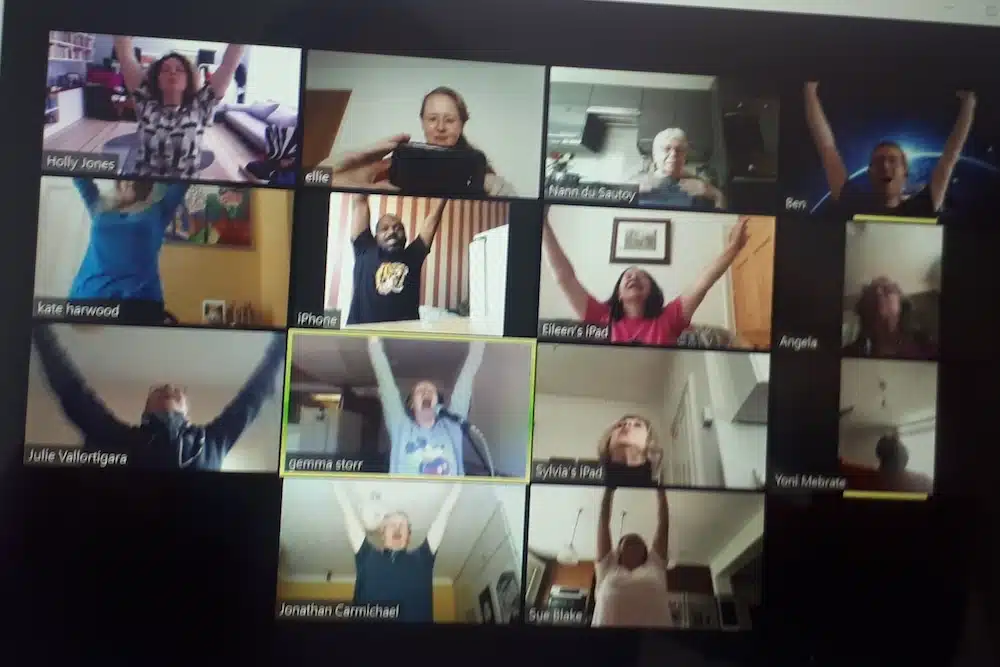
People up and down the country have come together in extraordinary ways to look after their communities throughout Covid-19. We’ve highlighted many of these powerful, positive stories on our blog over the last few months.
To celebrate Refugee Week we have collected more stories of where refugees and the organisations supporting them have made a difference during this pandemic. These stories are a celebration of those who seek sanctuary in this country, their invaluable place in our society and the communities which welcome them. The theme of this year’s Refugee Week is #Imagine which is an invitation to imagine a different world. We believe the people featured in these stories are already helping to make a better society for all of us.
1. Pedal power
Getting fit on his bike round Bromsgrove is Syrian refugee, Mazen Salmou who has been cycling all over the area to deliver shopping and critical prescriptions to the vulnerable, disabled and elderly in his community. As an ex journalist he’s also pretty skilled with the camera so has been making short films documenting his experiences during this time: ‘I owe something to the UK – it gave me safety when I really needed it, so this is the right time for me to pay it back. I’m going to dedicate myself to helping locals and neighbours.’
2. Sing for freedom
The Sing for Freedom choir is made up of refugees and asylum seekers who have experienced torture as well as other Londoners who join to sing in solidarity with them. Throughout the pandemic they have continued to meet and rehearse online. Many of the singers have been in dire straits during lockdown as basic services are closed and the choir has been a total lifeline. The project is run by Together Productions who specialise in arts for social change. In July they will be joining forces with the Mixed-Up Chorus and the famous vocal ensemble, The King’s Singers in a music video premiering the release of a brand new song, Nowruz. Together Productions, director Holly Jones said: ‘Nowruz is the traditional Iranian and Persian new year ceremony, celebrated in the spring. It is a time to let go of the past and look into the future; a time to pause and make new beginnings.’

3. Stitching hope
SLRA (South London Refugee Association) has been working hard throughout the pandemic to continue making people feel part of a wider, supportive community. This has been a challenge when their usual in-person activities like advice drop ins, weekly lunches and youth groups have all had to stop. Many of these community services have moved online during the lockdown including their women’s group. Their regular video calls have become a space for women to connect with each other, share their feelings and struggles, get some time off, and be creative together. With the help of volunteers, they have sent out craft kits to all the women and are currently working on a community quilt – each creating her part at home. One participant sewing for the quilt, which tells the women’s stories, struggles and hopes said: ‘We fight against injustice, racism, inhumanity and gender discrimination. We fight against being invisible and not being heard, and against waiting in insecurity and the endless not knowing. And we will reach this in togetherness.’
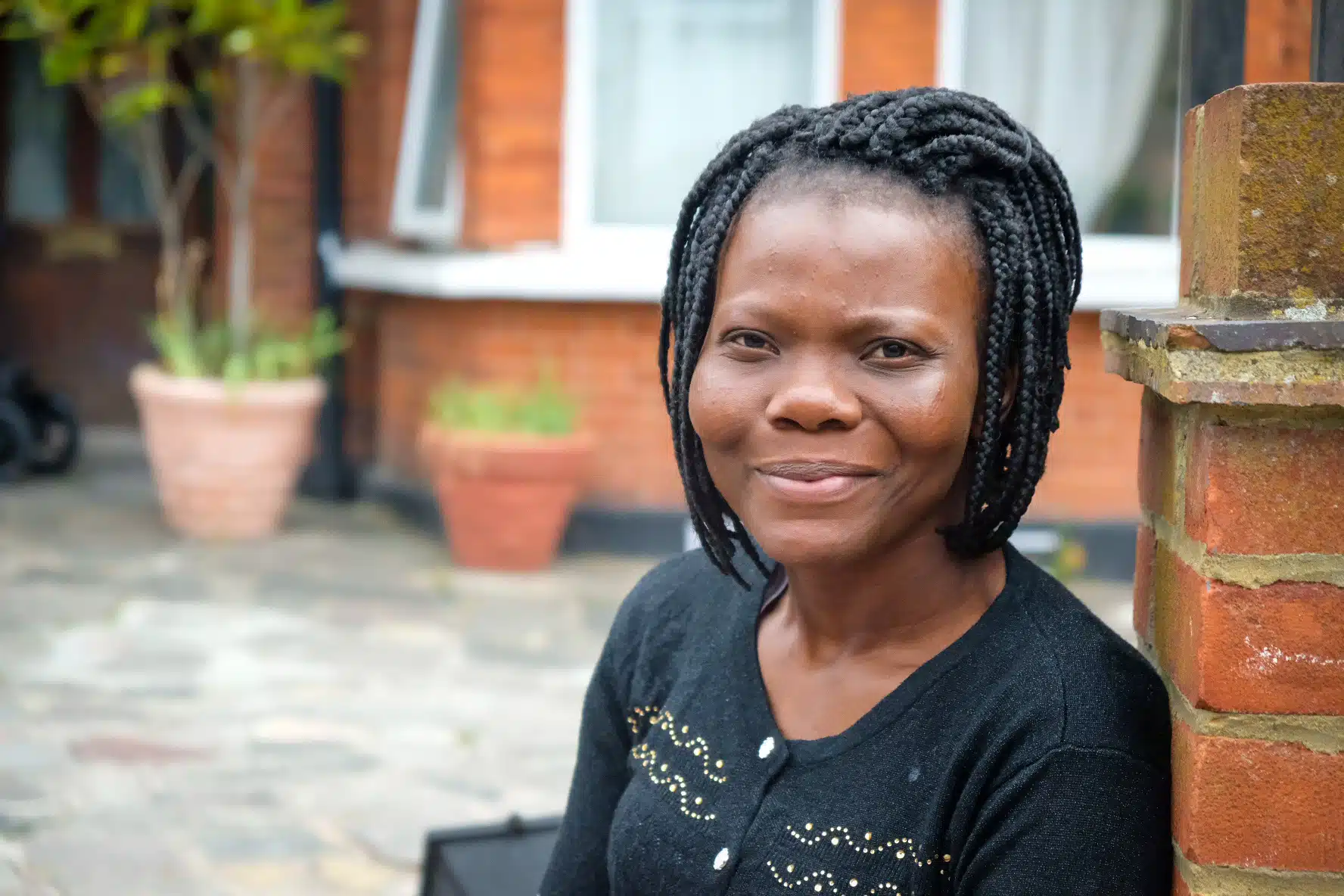
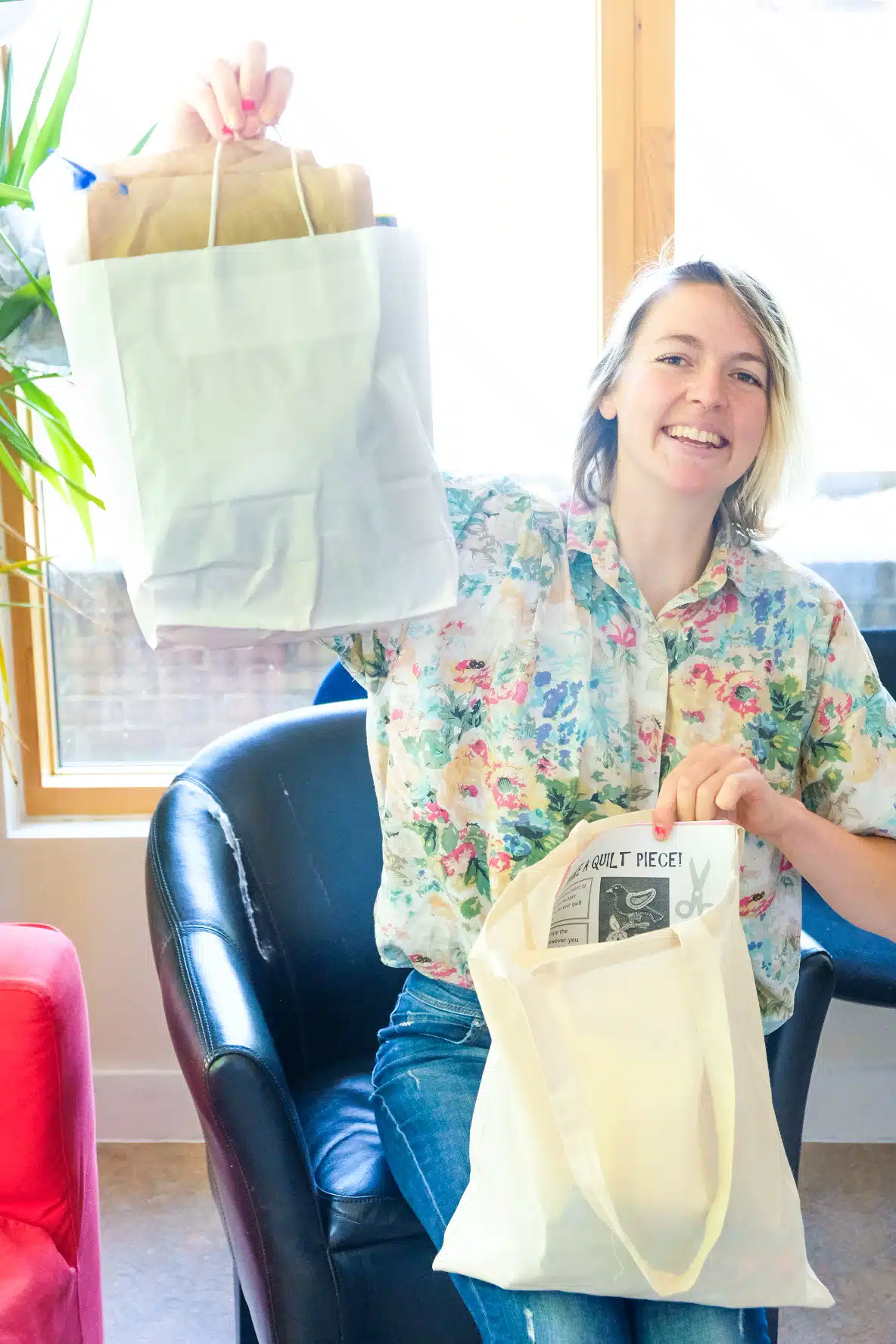
4. The New Scots
Omar Al Hmdan has also been busy with the Syrian community in Aberdeen cooking up 100 meals for the NHS and 30 meals for the homeless. Omar, himself a refugee is chairman of the As-Salam project which helps ‘New Scots’ learn skills and bring their talents to the Aberdeen community. Omar said: ‘This was something we really wanted to do in order to give back to this lovely city and the generous people here who have given a lot to refugees like ourselves. The people of Aberdeen welcomed us after our lives were saved from war in Syria and we’re forever grateful.’ (Evening Express, Aberdeen)
5. World-class student
Dechen is a 17 year old student who was forced to flee from Tibet to India as a child and is now studying at UWC (United World Colleges) in Wales after she was awarded a scholarship last year. UWC is an education movement with fee-paying campuses across the world but which also offers many full scholarships to young people who would be unable to attend otherwise including refugees. Normally, Dechen lives in India with her uncle but when the UK went into lockdown and the borders closed, she was not able to return home. This hasn’t stopped her though! She has been living with a UK host family where she has been busy continuing her studies online and sewing PPE equipment and masks in her spare time. The masks are being sold to raise money for refugees in Syria and the PPE is being donated to local hospitals.
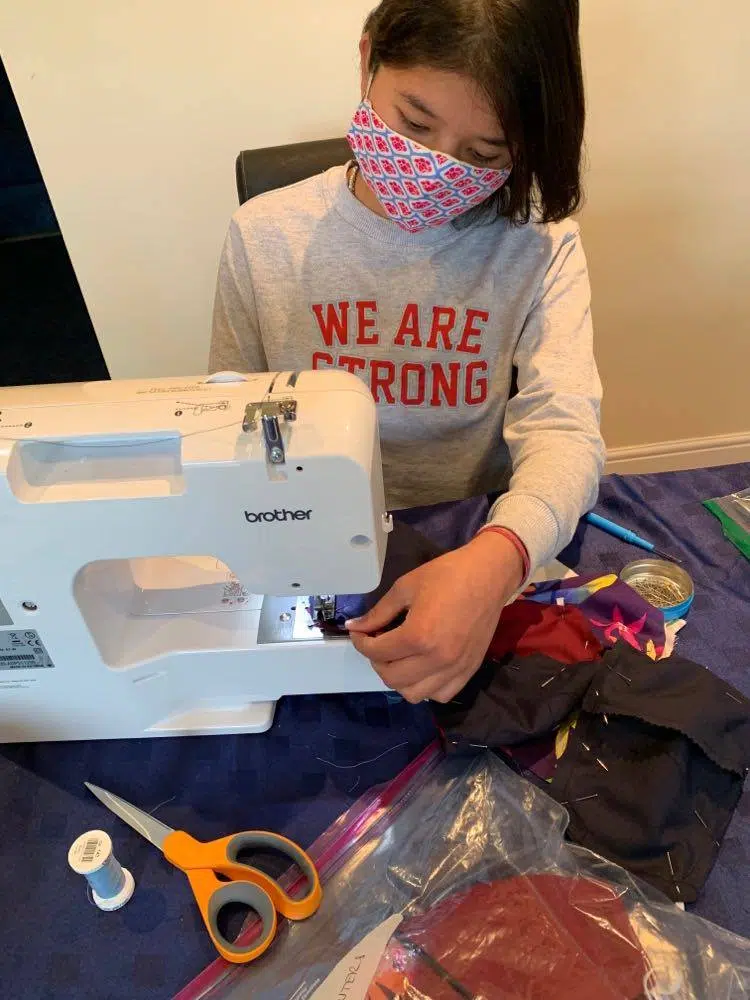
6. Gift Your Neighbour
Salusbury World Refugee Centre in North West London have joined in with other local people and organisations to run a project called Gift Your Neighbour. Two local food hubs have been created where people can bring donations of food and volunteers make up family parcels. The parcels have reached up to around 300 people a week, mostly vulnerable local families. No questions are asked about anyone’s circumstances or need for food.
7. Inner Peace
Tools for Inner Peace has been offering free online yoga classes to refugees and migrants to help them overcome immobility, lack of connection and release stress. The organisation has worked with several refugee and migrant support groups in London and Liverpool to reach those who have been most isolated and socially vulnerable during this time.
8. Self-isolating volunteers!
Community Action, Isle of Wight supports Syrian families to learn English but when the lockdown started, all lessons and face to face support stopped. Each family was linked with a volunteer on the telephone or a WhatsApp befriender. Not all of their volunteer English teachers were familiar with the technology needed to deliver classes online. Some were even self-isolating alone because they were in their seventies. However, the team came together to support and encourage each other, downloading the necessary software, practising setting up meetings, agreeing how the lessons would change and having regular catch-ups. Although they thought it would be a challenge to try and explain the technology to the English students, they soon realised it was easy for them as that is how they keep in touch with their families overseas. Both the students and teachers are now really enjoying learning online and the project has been a huge success.
Look out for more positive stories throughout the week from IMIX and get involved on social media @IMIX_UK #RefugeeWeek2020 #Imagine.

